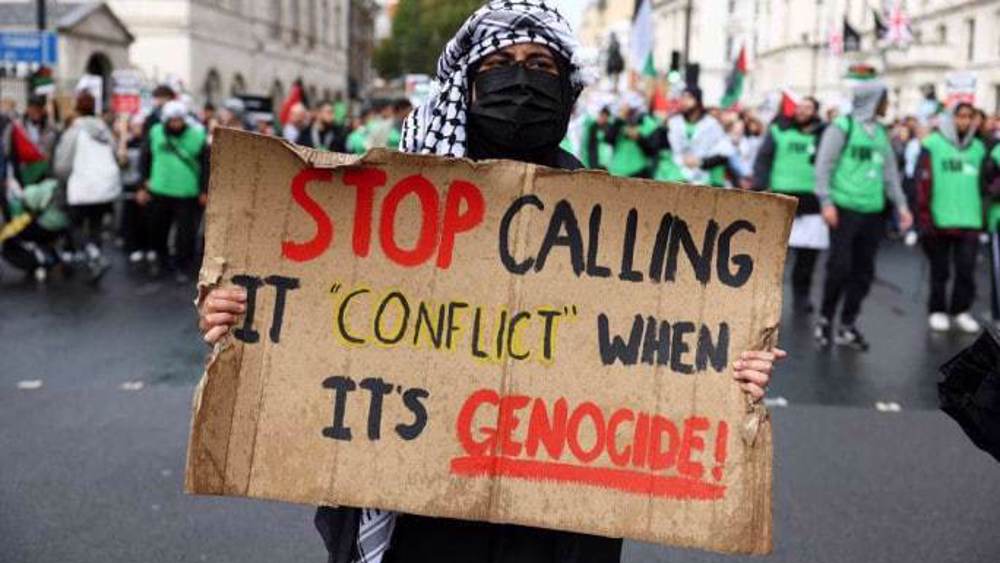Second batch of Prince Charles’ controversial letters released
The British government has published a second batch of controversial letters written by Prince Charles to government ministers.
The 17 letters are on various issues including health, rural affairs and architecture which the prince sent to ministers between 2006 and 2009. They have been released following a successful freedom of information request by the Guardian.

The letters show a working relationship between Charles and senior ministers, including the current Labour leadership contender Andy Burnham, over the use of controversial complementary medicines in the NHS. In some letters, the heir to the throne lobbied about homeopathy, rain-forests and hospital food in his letters to ministers.
The government’s decision to release the correspondence cuts short what was set to be another battle over the publication of the second tranche of the prince’s correspondence with ministers.
Last month, 27 letters written by Charles in 2004-5 were made public after a decade-long court battle that according to the British media cost the taxpayer more than £400,000 in legal fees.
A Guardian journalist initially attempted to get the letters released under the Freedom of Information Act but was unsuccessful. However, in March this year, the Supreme Court upheld a ruling to allow the letters to be published.

The correspondence known as the "black spider" memos because of the heir to the British throne's unusual handwriting and that was sent to ministers.
The previously released letters reveal close nexus between Charles and Blair. Memo show Charles lobbied Blair on hosts of issues, from defense to environment, food and rural affairs.
In one letter, the prince asked the then premier to replace Lynx military helicopters, saying the British troops lacked "necessary resources" in the Iraq war.
Campaigners had accused Prime Minister David Cameron’s last government of protecting the Prince of Wales from scrutiny over what the former attorney general Dominic Grieve described as Charles’s “particularly frank” interventions on public policy in the letters.

The government contended that the letters contain Charles’ “most deeply held personal views and beliefs” that may undermine his position of political neutrality. But Grieve, in 2012, warned they “would be seriously damaging to his role as future monarch if he forfeits his position of political neutrality as heir to the throne.
The case was eventually decided at the Supreme Court having involved 16 judges.
SKL/SKL
VIDEO | UNMHA exit: A legacy of failure in Hudaydah as violations persist
VIDEO | Winter hardships deepen suffering in occupied West Bank
VIDEO | Homes under occupation: When living rooms become military posts
War could reach your own doorsteps: Iraqi anti-terror group warns Iran’s enemies
IRGC: Iran holds upper hand in determining any war’s endgame
'Fingers on trigger': Iran warns of strong response while signaling openness to 'fair' deal
Iran’s power makes any hostile military action 'high-risk': IRGC deputy cmdr.
India's PM Modi pays tribute to veteran politician killed in plane crash










 This makes it easy to access the Press TV website
This makes it easy to access the Press TV website